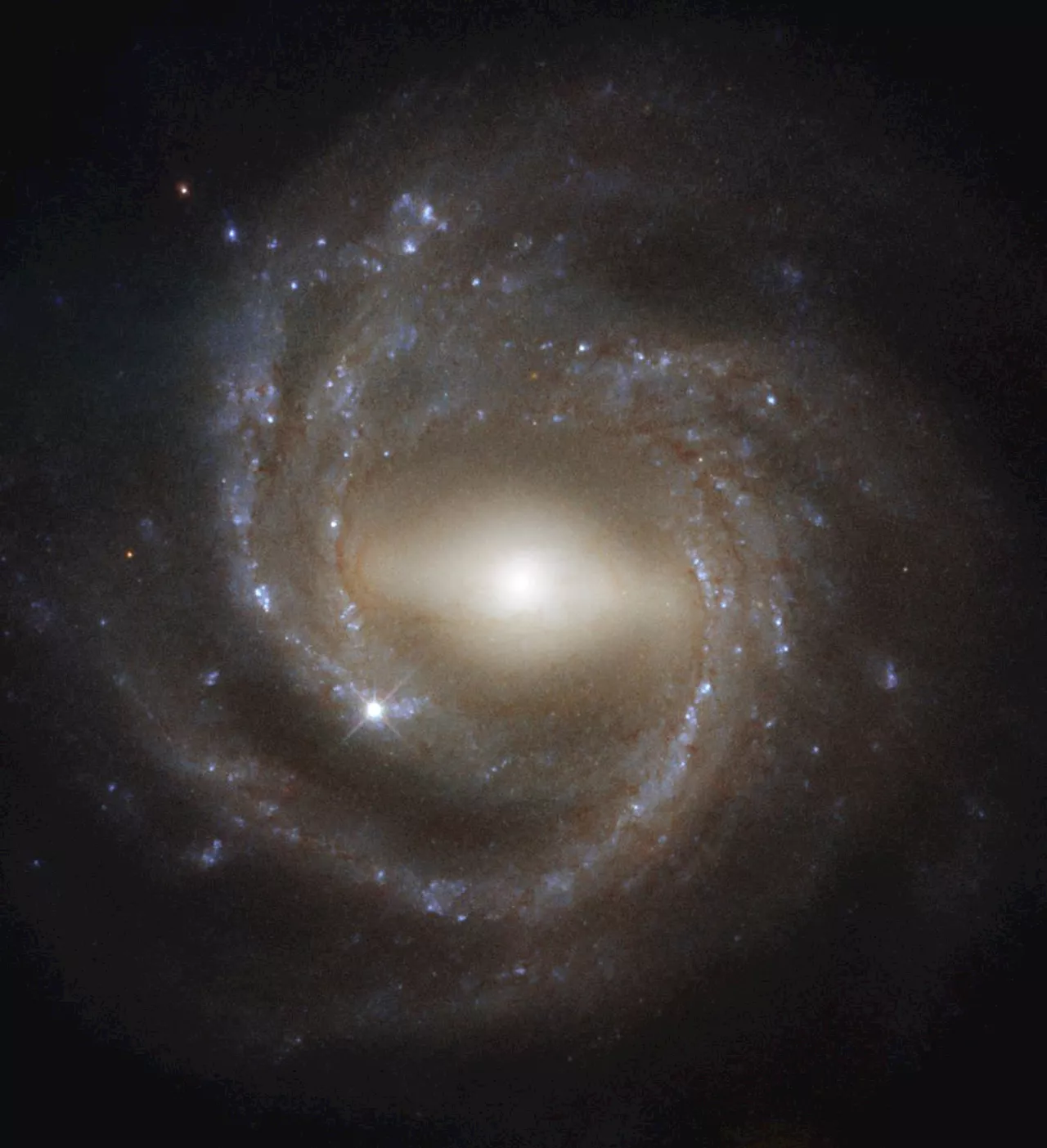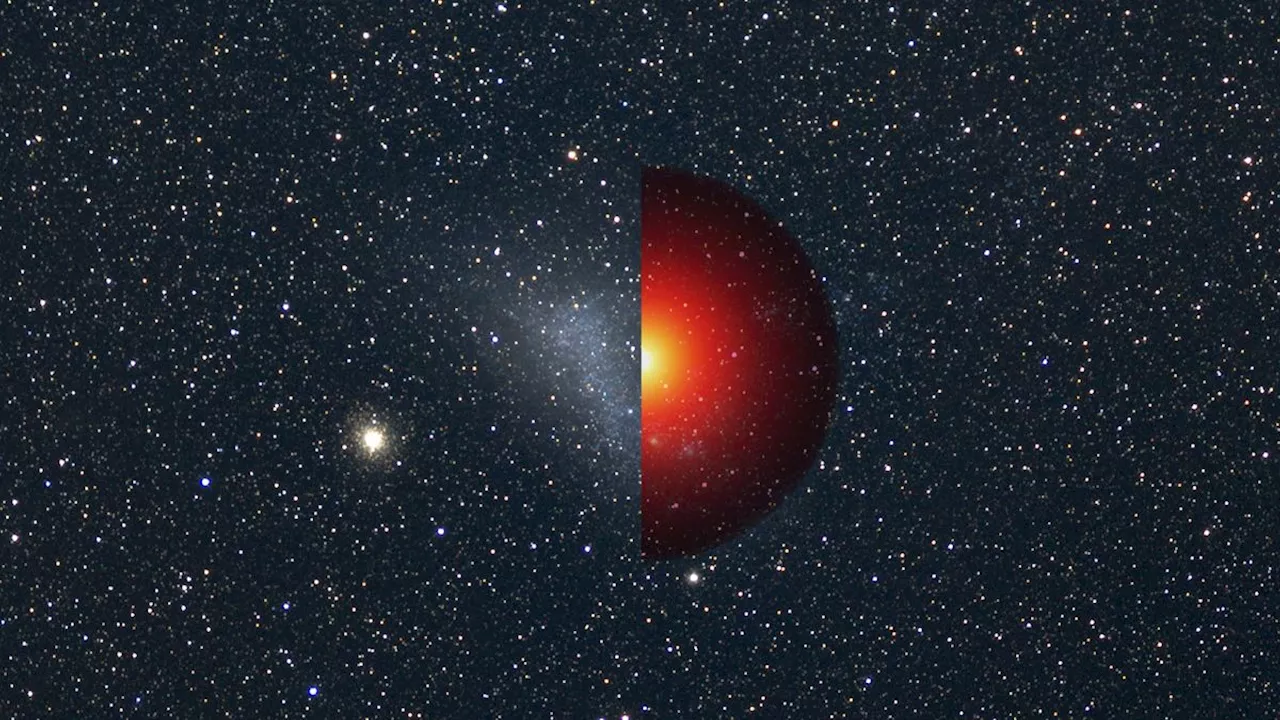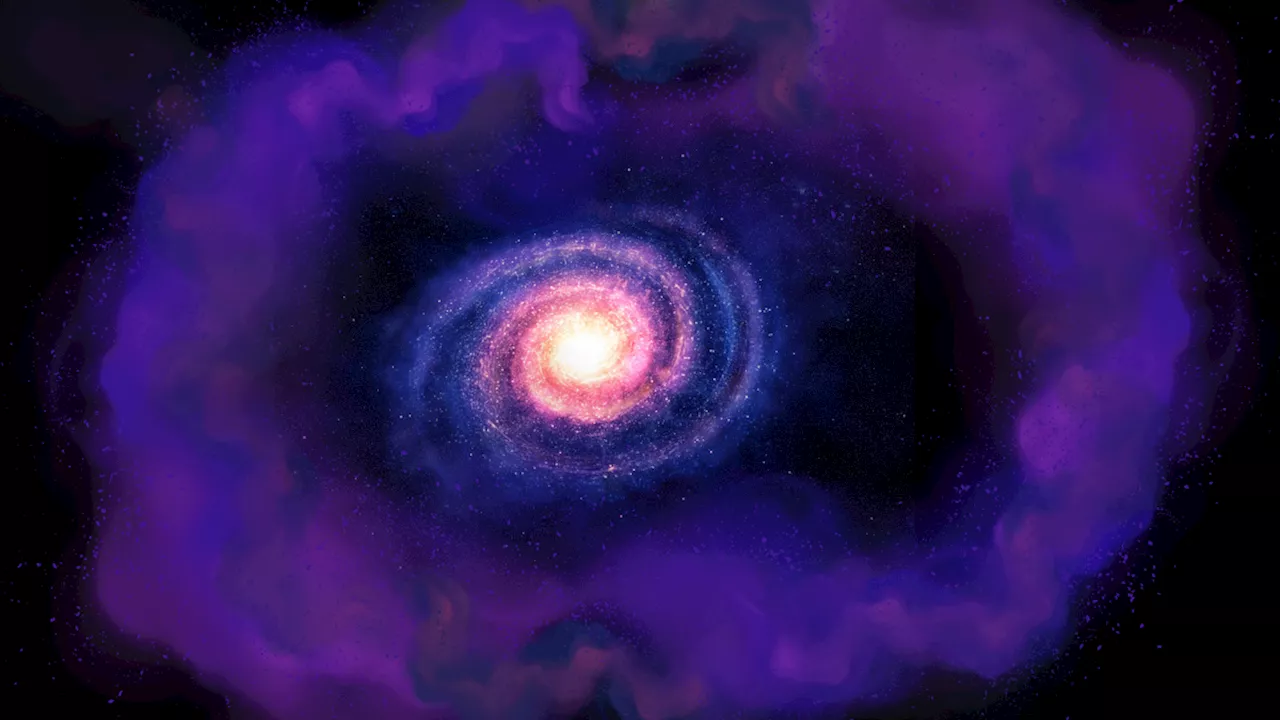Actor Joel Edgerton provides an update on the filming progress of Dark Matter season 2 and teases what viewers can expect from the next installment.
Dark Matter actor Joel Edgerton provides a filming update and story teases for season 2 . Edgerton played multiple versions of Jason Dessen in season 1 of the science-fiction series. Despite adapting the entirety of the novel written by Blake Crouch, the series' positive reception and high viewership numbers led to Apple TV+ greenlighting Dark Matter season 2 . The upcoming season will surpass the source material as the story continues exploring the multiverse.
Nervously! We start shooting really soon. Look, it's a great new world. The great challenge with Dark Matter is, because of the science fiction element and the conceit of it, it creates obviously an infinite and abundant array of choices. What This Means For Dark Matter Season 2's Development Is Going Well Close Even with Dark Matter season 2 being unable to rely on any existing material, Edgerton's update proves that development continues to move forward, and at a faster pace than may have been anticipated. "Shooting really soon" suggests that season 2's production will begin in 2025, which could make a 2026 release possible.
Posts 2 It is exciting to hear that Edgerton and Crouch are leaning into the endless potential of the multiverse after Dark Matter season 1's ending. Despite Jason 1 reuniting with his family and escaping with them to another universe, Edgerton confirms that there will still be "multiple mes" in season 2.
DARK MATTER APPLE TV+ JOEL EDGERTON SEASON 2 MULTIVERSE
United States Latest News, United States Headlines
Similar News:You can also read news stories similar to this one that we have collected from other news sources.
 Fuzzy Dark Matter: A New Explanation for Galaxy Cores?This article explores the possibility of fuzzy dark matter as an alternative explanation for the dense cores of galaxies. It discusses the traditional dark matter hypothesis and its limitations, then introduces the concept of fuzzy dark matter and its potential to form large, diffuse clumps called 'dark stars.' The article highlights a recent study using a simple model to simulate the interaction of fuzzy dark matter and ordinary matter, finding that they quickly reach an equilibrium, creating a stable core surrounded by a cloud of dark matter. This suggests a promising direction for future research, with more complex simulations needed to confirm this hypothesis.
Fuzzy Dark Matter: A New Explanation for Galaxy Cores?This article explores the possibility of fuzzy dark matter as an alternative explanation for the dense cores of galaxies. It discusses the traditional dark matter hypothesis and its limitations, then introduces the concept of fuzzy dark matter and its potential to form large, diffuse clumps called 'dark stars.' The article highlights a recent study using a simple model to simulate the interaction of fuzzy dark matter and ordinary matter, finding that they quickly reach an equilibrium, creating a stable core surrounded by a cloud of dark matter. This suggests a promising direction for future research, with more complex simulations needed to confirm this hypothesis.
Read more »
 Dark Matter Can't Be Too Heavy, New Research SuggestsNew research suggests that dark matter, the mysterious substance that makes up most of the mass in the universe, can't be too heavy or it might break our best model of the universe. The Higgs boson, a fundamental particle responsible for giving mass to other particles, plays a crucial role in how dark matter interacts with regular matter. If the dark matter particle had a mass greater than a few thousand GeV, its contribution to the Higgs mass would be incredibly important, driving it away from its observed value. This could essentially shut down particle interactions altogether. The research suggests that dark matter might be lighter than we thought, and scientists can now focus their efforts on exploring low-mass dark matter candidates.
Dark Matter Can't Be Too Heavy, New Research SuggestsNew research suggests that dark matter, the mysterious substance that makes up most of the mass in the universe, can't be too heavy or it might break our best model of the universe. The Higgs boson, a fundamental particle responsible for giving mass to other particles, plays a crucial role in how dark matter interacts with regular matter. If the dark matter particle had a mass greater than a few thousand GeV, its contribution to the Higgs mass would be incredibly important, driving it away from its observed value. This could essentially shut down particle interactions altogether. The research suggests that dark matter might be lighter than we thought, and scientists can now focus their efforts on exploring low-mass dark matter candidates.
Read more »
 Call of Duty: Modern Warfare 2 - Dark Matter Camo Grind Gets EasierCall of Duty: Modern Warfare 2's new season introduces changes to the challenging Dark Matter camo grind, making it less tedious for players. Previously, obtaining the Dark Matter camo required meticulous challenges, including thousands of headshots and numerous longshot kills across all launch weapons. The grind was further complicated by the requirement to secure kills with melee weapons. Season one's updates alleviate this burden by removing the need to use melee weapons for the Dark Matter camo, providing a significant relief for players who sought this coveted achievement.
Call of Duty: Modern Warfare 2 - Dark Matter Camo Grind Gets EasierCall of Duty: Modern Warfare 2's new season introduces changes to the challenging Dark Matter camo grind, making it less tedious for players. Previously, obtaining the Dark Matter camo required meticulous challenges, including thousands of headshots and numerous longshot kills across all launch weapons. The grind was further complicated by the requirement to secure kills with melee weapons. Season one's updates alleviate this burden by removing the need to use melee weapons for the Dark Matter camo, providing a significant relief for players who sought this coveted achievement.
Read more »
 Fuzzy Dark Matter May Form Giant Stars at Galaxy's HeartA new study proposes that clumps of dark matter might form huge, invisible stars at the centers of galaxies like ours. This could explain the relatively low densities of galaxy cores, which have been a puzzle for astronomers.
Fuzzy Dark Matter May Form Giant Stars at Galaxy's HeartA new study proposes that clumps of dark matter might form huge, invisible stars at the centers of galaxies like ours. This could explain the relatively low densities of galaxy cores, which have been a puzzle for astronomers.
Read more »
 Could a Break in a Star Stream Be Proof of Self-Interacting Dark Matter?A team of scientists proposes that a break in a stream of stars around the Milky Way could be caused by a sub-halo of self-interacting dark matter.
Could a Break in a Star Stream Be Proof of Self-Interacting Dark Matter?A team of scientists proposes that a break in a stream of stars around the Milky Way could be caused by a sub-halo of self-interacting dark matter.
Read more »
 Could Primordial Black Holes Hold the Key to Dark Matter?Scientists are increasingly optimistic about the possibility of detecting primordial black holes, ancient black holes that may have formed in the earliest epochs after the Big Bang. These enigmatic objects could hold clues to the nature of dark matter, the mysterious substance that makes up a significant portion of the universe's mass.
Could Primordial Black Holes Hold the Key to Dark Matter?Scientists are increasingly optimistic about the possibility of detecting primordial black holes, ancient black holes that may have formed in the earliest epochs after the Big Bang. These enigmatic objects could hold clues to the nature of dark matter, the mysterious substance that makes up a significant portion of the universe's mass.
Read more »
